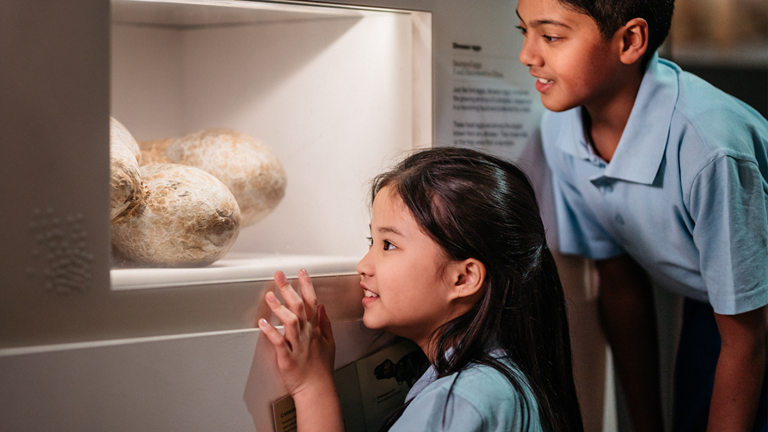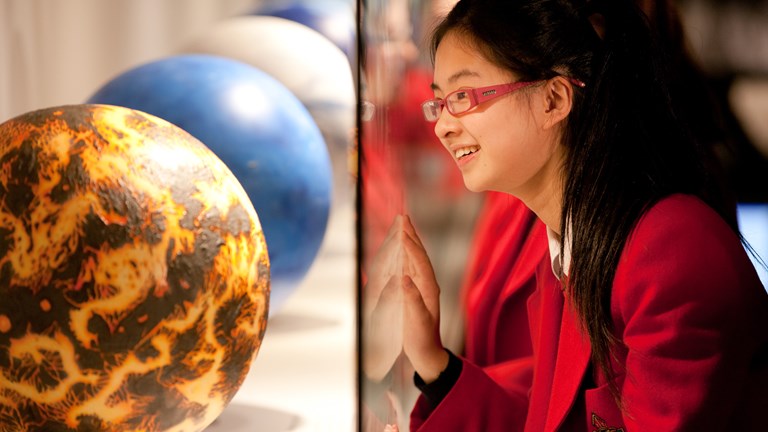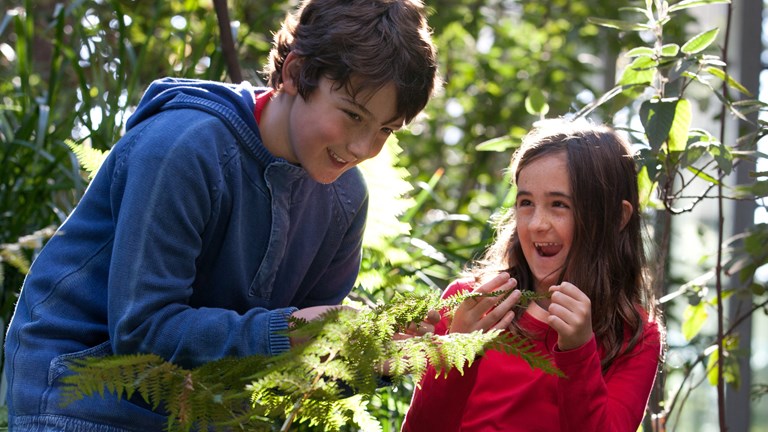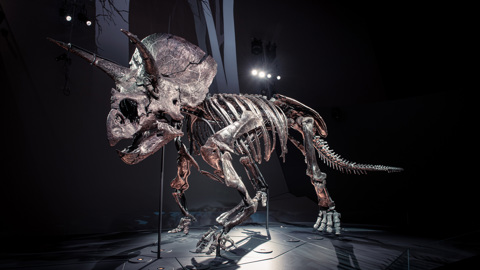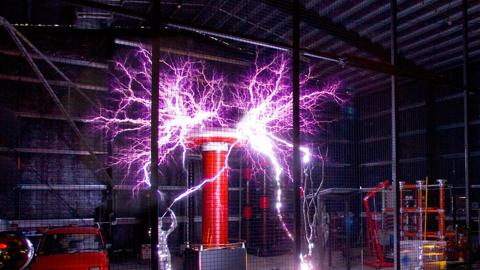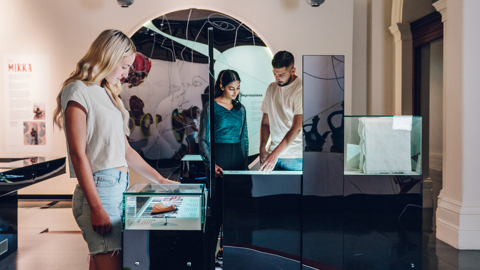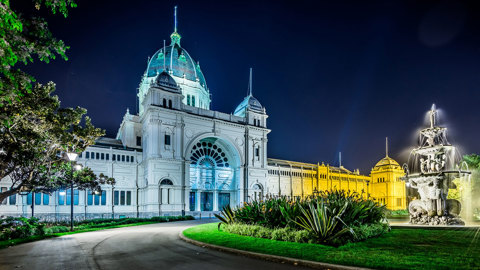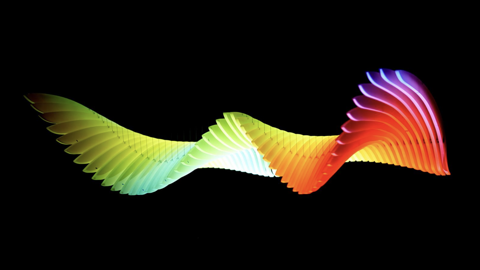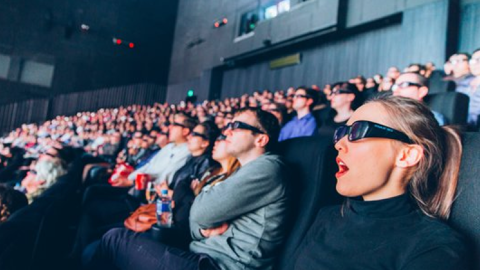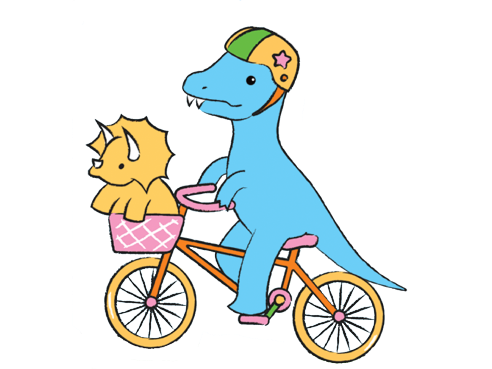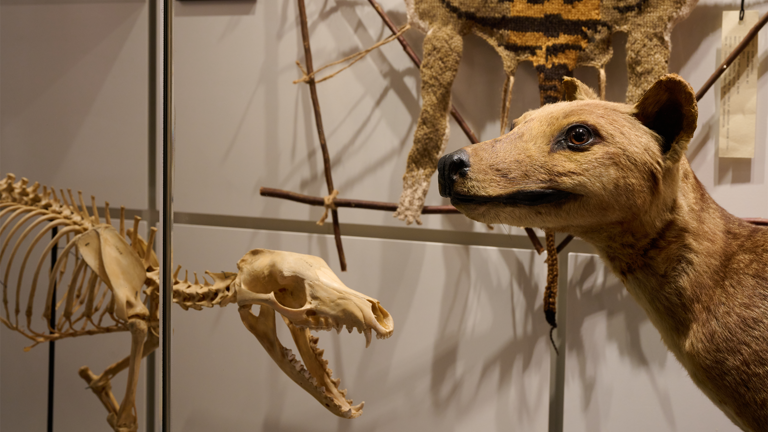
Museums Victoria Research Institute Gallery Visit
- What
- Self-directed
- When
- Terms 1 to 4, Monday to Friday
- Duration
Curriculum links & Accessibility & Access Fund- Year level
- Years VCE, K to 12
- Maximum student numbers
- Maximum 60 students
- Cost
- education service fee
- Booking information
- Bookings 13 11 02
For more than 165 years Museums Victoria researchers have been inquiring, collecting and collaborating to understand our changing world.
Students will experience
- Cutting-edge research, fresh discoveries and valuable collection objects on display for the first time.
An improved understanding of how we work to solve issues in our region and globally. - Museums Victoria Research Institute's diverse expertise in biodiversity, geology, history, technology and First Peoples’ knowledge and culture is more vital than ever.
Students will learn
- That scientific knowledge is based on observations of the natural world using the senses, and scientific tools and instruments.
- Scientific knowledge, skills and data can be used by museum scientists to explain how they will solve a problem or help save a species.
- Scientific knowledge, skills and data can be used by scientists at the museum, in collaboration with the public or other scientific organisations to identify problems, consider responses and make decisions.
- Scientific knowledge, including models and theories, can change because of new evidence, for example when new fossils are found or when new genetic studies help us better understand species.
- Museums Victoria scientists, such as the entomologists studying native bees, use scientific knowledge to address socio-scientific issues and shape a more sustainable future.
Victorian Curriculum links
Science as a Human Endeavour: Foundation to Level 2
Nature and development of science
- scientific knowledge is based on observations of the natural world using the senses, and scientific tools and instruments
VC2S2H01
Science as a Human Endeavour: Levels 3 and 4
Use and influence of science
- scientific knowledge, skills and data can be used by people to explain how they will meet a need or solve a problem
VC2S4H02
Science as a Human Endeavour: Levels 5 and 6
Use and influence of science
- scientific knowledge, skills and data can be used by individuals and communities to identify problems, consider responses and make decisions
VC2S6H02
Science as a Human Endeavour: Levels 7 and 8
Nature and development of science
- scientific knowledge, including models and theories, can change because of new evidence
VC2S8H01 - multidisciplinary endeavours to advance scientific knowledge make use of people’s different perspectives and worldviews
VC2S8H02
Science as a Human Endeavour: Levels 9 and 10
Use and influence of science
- scientific knowledge, skills and data can be used by individuals and communities to identify problems, consider responses and make decisions
VC2S6H02
